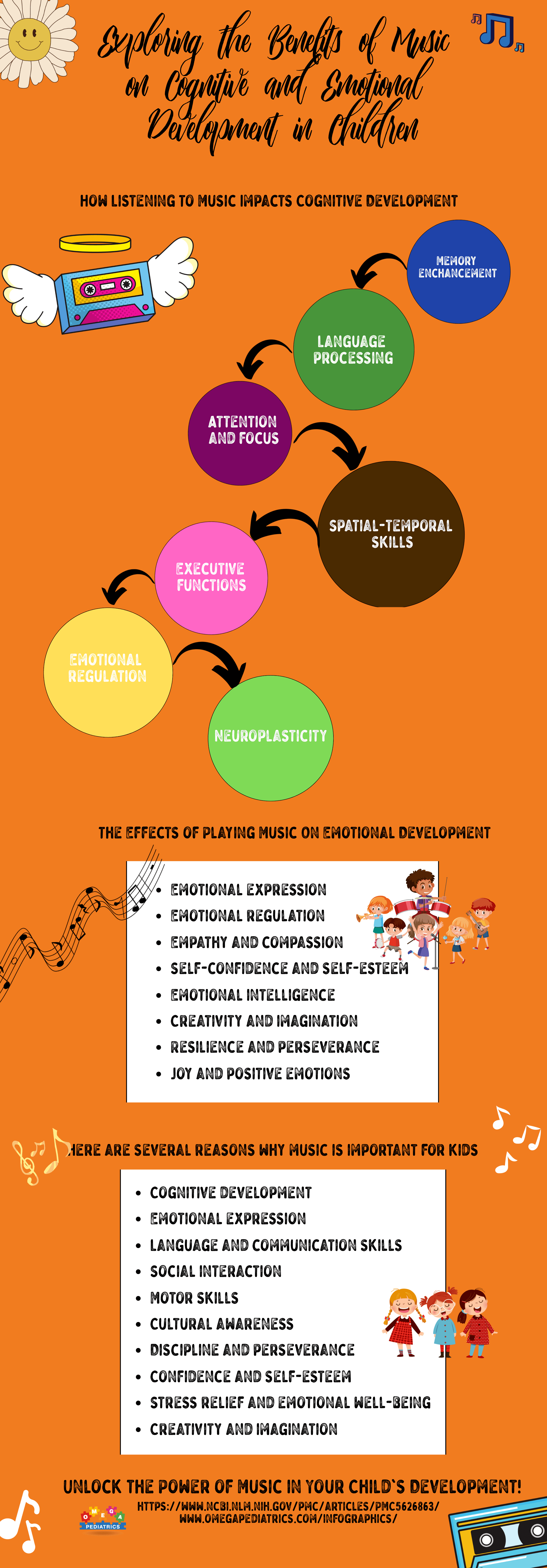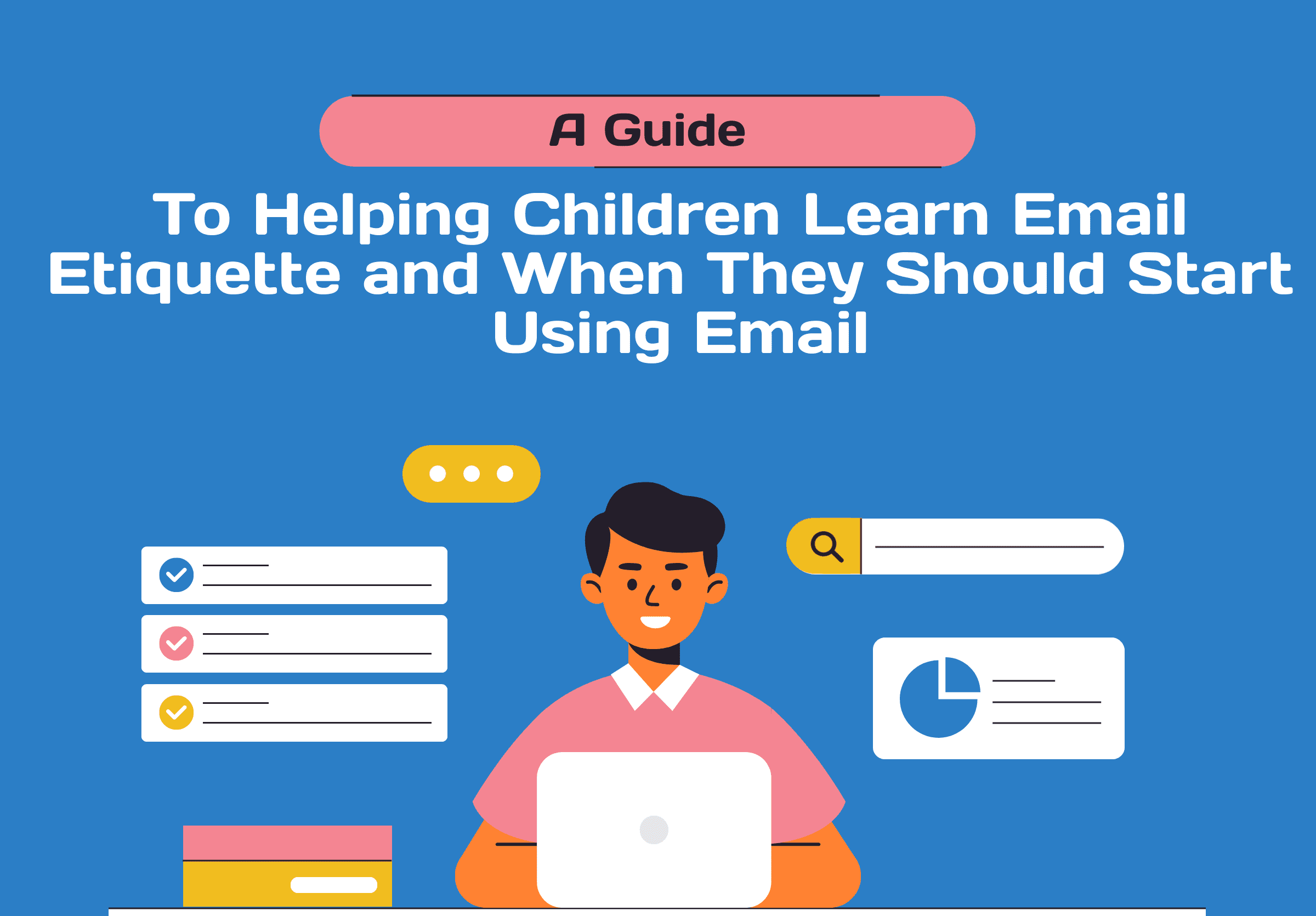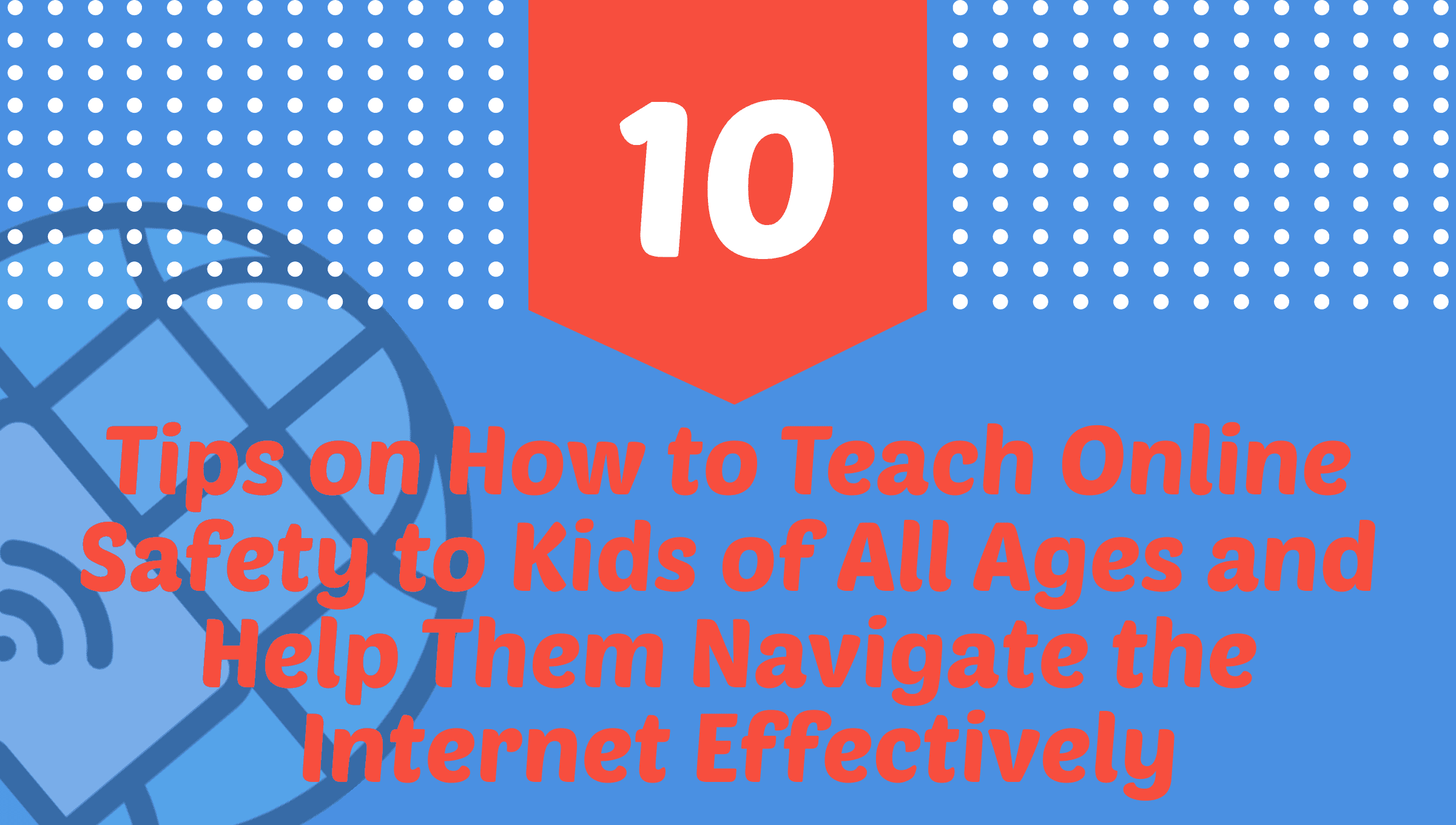
Music plays a significant role in children’s cognitive and emotional development. From listening to music to actively playing instruments, engaging with music provides numerous benefits that extend beyond mere entertainment. Let’s delve into the various ways music impacts cognitive and emotional development in children:
How Listening to Music Impacts Cognitive Development:
- Memory Enhancement: Music has the power to enhance memory retention and recall. The rhythmic patterns and melodies in music can help children remember information more effectively, such as nursery rhymes or educational concepts.
- Language Processing: Exposing children to music helps improve their language skills. The rhythmic patterns, repetition, and lyrics in songs support language development, vocabulary expansion, and phonological awareness.
- Attention and Focus: Music captures children’s attention and promotes focused listening. Actively engaging with music helps strengthen their ability to concentrate and sustain attention, which can translate into improved academic performance.
- Executive Functions: Music stimulates various cognitive processes, including problem-solving, planning, and cognitive flexibility. Learning to play an instrument or engage in musical activities enhances executive functions, which are essential for cognitive development.
- Emotional Regulation: Music can influence and regulate emotions. Listening to calming melodies or upbeat tunes can help children regulate their emotional state, promoting a sense of calmness, happiness, or motivation.
- Neuroplasticity: Engaging with music fosters neuroplasticity, which refers to the brain’s ability to reorganize and form new neural connections. Musical training and exposure can enhance brain development and strengthen neural pathways.
- Spatial-Temporal Skills: Research suggests that music learning contributes to the development of spatial-temporal skills, which are crucial for mathematical reasoning, problem-solving, and understanding patterns.
The Effects of Playing Music on Emotional Development:
- Emotional Expression: Playing music offers a powerful outlet for emotional expression. Through playing instruments or singing, children can channel their emotions, express themselves creatively, and communicate their feelings without words.
- Emotional Regulation: Music training promotes emotional regulation skills. Playing an instrument requires concentration, patience, and control, fostering emotional regulation abilities that can extend beyond musical contexts.
- Empathy and Compassion: Engaging in musical activities that involve collaboration, such as playing in an ensemble or singing in a choir, cultivates empathy and compassion. Sharing the musical experience with others encourages teamwork, active listening, and understanding.
- Self-Confidence and Self-Esteem: As children develop musical skills and experience progress, they gain self-confidence and a sense of achievement. Performing in front of others, receiving positive feedback, and mastering challenging pieces boost self-esteem and self-belief.
- Emotional Intelligence: Musical experiences facilitate the development of emotional intelligence. By interpreting and conveying emotions through music, children learn to recognize and understand emotions in themselves and others, promoting empathy and social skills.
- Creativity and Imagination: Music fosters creativity and imagination. Through improvisation, composition, and interpretation, children can explore their own musical ideas, exercise their imagination, and develop their unique artistic voice.
- Resilience and Perseverance: Learning to play an instrument requires dedication, practice, and perseverance. Musical training teaches children the value of persistence, overcoming challenges, and bouncing back from setbacks.
- Joy and Positive Emotions: Music has the power to evoke joy, happiness, and positive emotions. Engaging with music can uplift children’s moods, reduce stress, and provide a source of inspiration and enjoyment.
Here are several reasons why music is important for kids:
- Cognitive Development: Music enhances cognitive skills, including memory, language processing, attention, and executive functions.
- Emotional Expression: Music offers a means for children to express and communicate their emotions in a safe and creative way.
- Language and Communication Skills: Exposure to music supports language development, improves vocabulary, and strengthens communication skills.
- Social Interaction: Musical activities encourage collaboration, teamwork, and social interaction, fostering interpersonal skills and a sense of belonging.
- Motor Skills: Playing musical instruments or engaging in rhythmic activities improves fine motor skills and coordination.
- Cultural Awareness: Music exposes children to diverse musical styles, traditions, and cultures, promoting cultural appreciation and understanding.
- Discipline and Perseverance: Learning music requires discipline, practice, and commitment, instilling valuable qualities that can benefit children in various aspects of life.
- Confidence and Self-Esteem: Acquiring musical skills and performing in front of others boosts self-confidence and self-esteem.
- Stress Relief and Emotional Well-Being: Music has a soothing effect, reducing stress, anxiety, and promoting emotional well-being.
- Creativity and Imagination: Engaging with music stimulates creativity, imagination, and fosters a sense of artistic expression.
By incorporating music into children’s lives, whether through active participation or exposure to different genres, parents and educators can support their cognitive, emotional, and overall holistic development. Music provides a powerful medium for self-expression, emotional growth, and cognitive enhancement, offering children a lifelong source of joy and enrichment.
Conclusion
In conclusion, music plays a vital role in the cognitive and emotional development of children, offering a myriad of benefits that extend well beyond mere entertainment. Listening to music enhances memory, language processing, attention, and executive functions, fostering neuroplasticity and spatial-temporal skills. Engaging with music also regulates emotions, contributing to emotional expression, emotional regulation, and the development of empathy and compassion.
Playing music further amplifies these benefits, providing an outlet for emotional expression, promoting emotional regulation skills, and fostering empathy through collaborative activities. Music contributes to the development of self-confidence, self-esteem, and emotional intelligence, while also nurturing creativity, imagination, and perseverance. The joy, positive emotions, and cultural awareness instilled through musical experiences enrich children’s lives and contribute to their holistic development.
Overall, music is a powerful tool for enhancing cognitive abilities, fostering emotional well-being, and promoting various essential skills that are valuable for a child’s growth and future success. Encouraging children to actively participate in musical activities or exposing them to diverse genres provides a lifelong source of joy and enrichment, contributing to their overall well-rounded development.



